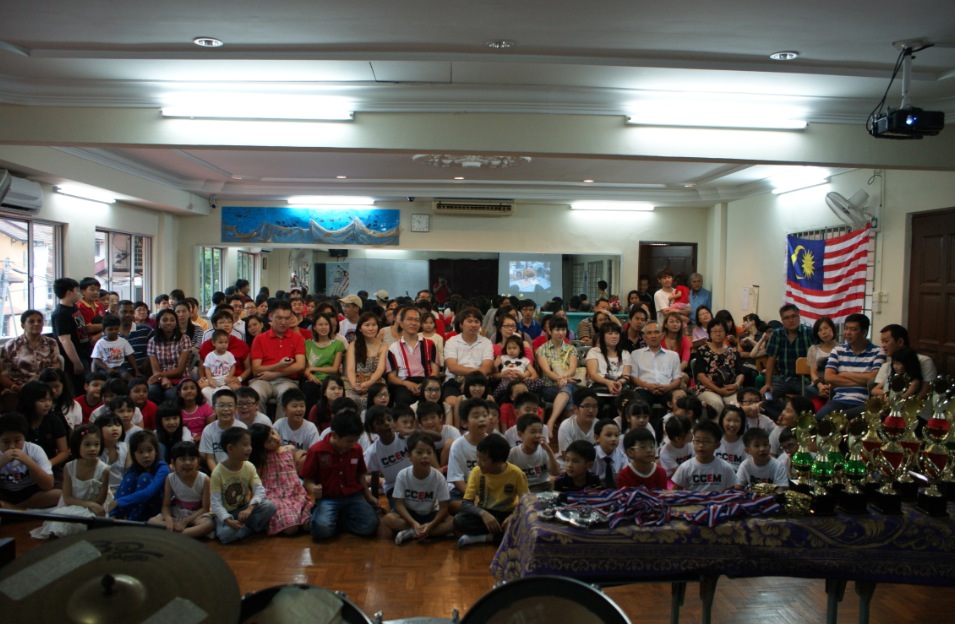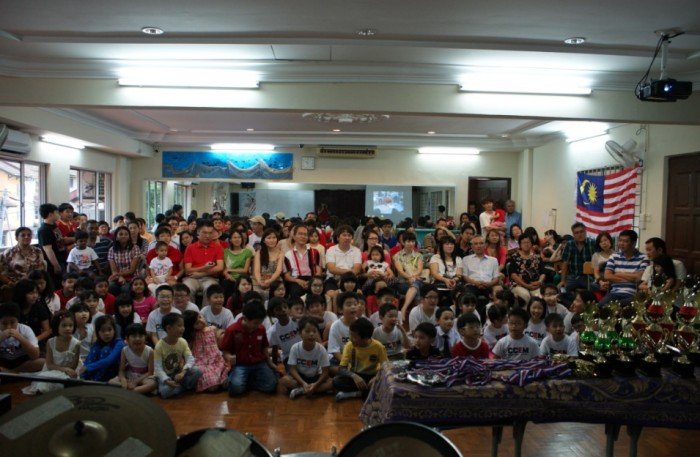The rigid state of Malaysian public education system has spurred parents to pursue home schooling for their children in spite of exemption regulations and uncertainty.
Whilst the well off parents has turned to private schools, others have opted for church-affiliated learning centres known loosely in this country as home schools, to circumvent the rules.
There are two home schooling networks in the country and they have 400 members in their list. There are now also Muslim home schools in addition to those based on Christian principles.
One of it is, the eight-year-old Cornerstone Centre for Excellence Malaysia (CCEM), a home school in Johor Bahru, which is located on Jalan Kuning 3.
The centre’s deputy director, Evelyne Tan said that the school was set up as our contribution as a church to nation building.
“We want to see well educated leaders with integrity raised to serve and contribute to the development of Malaysia.”
“Home schooling is legal overseas and is especially popular in the United States of America, where two million children are being home schooled.”
According to Tan, home schooling concept is not unique anymore with more churches becoming aware of their responsibility to serve the community and preferring to doing it through education.”
CCEM has been using the American syllabus but this will soon be changed to the United Kingdom syllabus.
Interest vs. regulations
Interest in home school continues to grow but no one is certain on how things will pan out if the Education Ministry decides that home schooling is an obstacle to their agenda.
“While the home schools have not been officially recognised by the Ministry of Education, the transcript and SAT scores are accepted by most private local and foreign colleges and universities.”
According to Education Act 1996, a parent shall be guilty of an offence and shall, on conviction, be liable to a fine not exceeding five thousand ringgit or to imprisonment for a term not exceeding six months or to both, if they fail to ensure their child is not enrolled as a pupil in a primary school at the age of six and remains a pupil in a primary school for the duration of the compulsory education.
For the betterment of our child
CJMY spoke to a parent who is an engineer at a private company Heu Chi Yih, who has three children studying at CCEM.
“At CCEM, Rachel has fun and she learns. In her last school, she was spoon-fed and did not have the time to digest information,” said Heu.
Rachel, according to Heu, was taken out of a mainstream school as she suffered from depression resulting from school stress and the less than welcoming demeanour of the teachers.
“She had to be like a machine. She hated school, hated the teachers and had nightmares about school. There was a lot of canning in her school.”
“Now, she has improved by leaps and bounds and even obtained the ‘Most exemplary conduct in class award for Grade 5’.”
At CCEM, 15 teachers guide the hundred or so students who range from Grade one to Grade eight. Apart from the usual academic subjects, students also have outings every Friday, art and craft classes and speech and drama classes.












